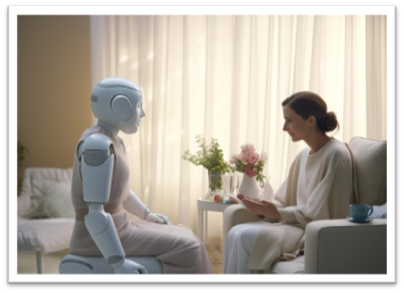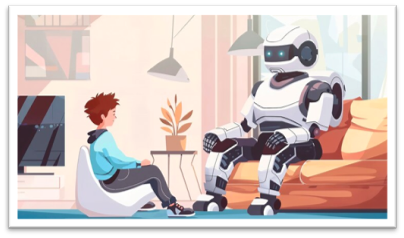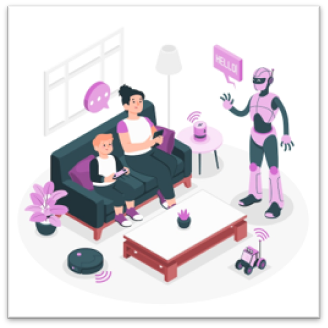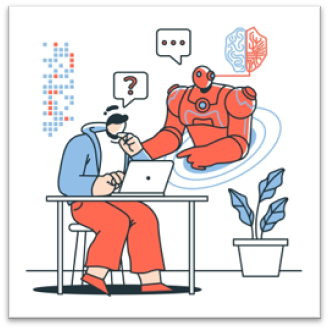Therapy: Why a Psychologist is better than AI

In a world where technology is advancing faster than ever, it’s tempting to turn to artificial intelligence (AI) for solutions to everything—including our mental health struggles. AI-powered chatbots and mental health apps are readily accessible, available 24/7, and often free or low-cost. They promise empathy, support, and even guidance during times of emotional distress. But while AI tools have their place, they are not a replacement for the expertise and human connection that a licensed psychologist provides.
Here’s why choosing a real psychologist over AI for therapy is not just wise—it could be life-changing.
1. Human Understanding Cannot Be Replicated
AI can simulate conversation, even offer seemingly empathetic responses, but it doesn’t feel. It doesn’t truly understand the nuances of your experiences, traumas, or emotions. A psychologist brings real human insight, empathy, and emotional intelligence to the table. They can perceive subtleties in tone, body language, and emotional shifts that AI simply cannot.
2. Therapy is More Than Just Talking

Effective therapy isn’t just venting your feelings or receiving affirming messages. It involves evidence-based techniques tailored to your individual needs. A psychologist draws on clinical training, experience, and a deep understanding of mental health conditions to help you work through issues in a structured, goal-oriented way. AI lacks the ability to adapt in this depth, especially when your situation is complex or changing.
3. Diagnosis and Treatment Planning Require Expertise
If you’re dealing with anxiety, depression, PTSD, or another mental health condition, accurate diagnosis is critical. Psychologists are trained to assess symptoms, rule out other causes, and build a tailored treatment plan. AI cannot reliably diagnose or distinguish between different mental health disorders, and it certainly can’t prescribe or coordinate care with other professionals when needed.
4. Ethical and Privacy Concerns

When you speak to a licensed psychologist, there are strict ethical guidelines and legal protections (like the Australian Psychological Society’s [APS] Code of Ethics) that safeguard your privacy. With AI tools, it’s often unclear who owns your data, how it’s being used, or whether it’s adequately protected. The confidentiality you expect in therapy might not apply when you’re chatting with a bot.
5. Therapeutic Relationship Matters
One of the strongest predictors of successful therapy is the therapeutic alliance—the relationship you build with your therapist. It’s built on trust, safety, and mutual respect. A psychologist can connect with you, challenge you, and support you in ways AI cannot. That bond can be the difference between short-term comfort and long-term transformation.
6. AI Is a Tool, Not a Therapist
That’s not to say AI has no role in mental health support. It can be a helpful supplement—offering mindfulness exercises, mood tracking, or reminders for self-care. But it should never be your primary or only form of support when facing serious mental or emotional challenges.

Final Thoughts
Mental health is deeply personal, complex, and fundamentally human. While AI can offer convenience, it cannot replace the depth, adaptability, and empathy of a trained psychologist. If you’re struggling, don’t hesitate to seek out a real human being who can walk with you through the pain, help you grow, and empower you to heal.
Technology can assist, but healing happens in human connection.
Images by: Freep!k
BLOG written by Alana Maley-Berg: Registered Psychologist
If you’d like to find out more about One Central Health, give us a call today on (08) 9344 1318.
